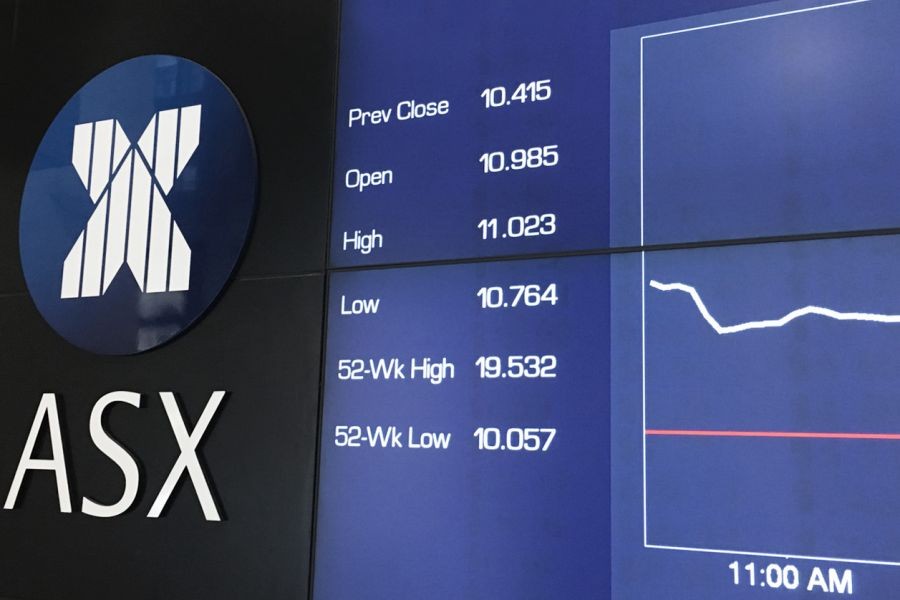In an era where global defense partnerships are paramount to national security and geopolitical influence, two countries stand out for their distinct approaches: Australia and France. Both nations have forged significant alliances with global powers, yet their strategies and outcomes differ markedly. This article delves into the intricacies of how each country handles global defense partnerships, offering insights into their effectiveness, challenges, and future trajectories.
Australia's Defense Partnerships: A Strategic Necessity
Australia's strategic landscape is heavily influenced by its geographical position in the Indo-Pacific region. This location necessitates robust defense partnerships to ensure regional stability and security. A key example is the Australia-United States Alliance, underpinned by the ANZUS Treaty, which has been a cornerstone of Australia’s defense strategy since 1951. According to the Australian Department of Defence, this alliance enhances Australia’s military capabilities through joint exercises and intelligence sharing.
Moreover, the recent AUKUS pact with the United States and the United Kingdom signifies Australia's commitment to elevating its defense capabilities. The agreement aims to provide Australia with nuclear-powered submarines, marking a significant shift in its military strategy. As noted by the Australian Strategic Policy Institute, this move not only strengthens its defense posture but also aligns with the nation's economic interests by securing sea lines of communication crucial for trade.
Economic and Policy Insights
The economic implications of Australia's defense partnerships are profound. According to the Reserve Bank of Australia, defense spending contributes significantly to the nation's GDP, with a projected increase to over 2% in the coming years. This spending supports local industries, particularly in the defense manufacturing sector, bolstering economic growth and job creation.
From a regulatory perspective, the Australian Competition & Consumer Commission (ACCC) plays a vital role in ensuring fair practices in defense procurement. The ACCC’s oversight ensures competitive tendering processes, preventing monopolistic practices that could otherwise inflate costs and stifle innovation.
France's Global Defense Strategy: A Historical Perspective
France’s approach to defense partnerships is rooted in its historical role as a global power. The country leverages its position within the European Union and NATO to build strategic alliances. France’s defense policy emphasizes sovereignty and strategic autonomy, as outlined in its 2018 Strategic Review of Defense and National Security. This policy prioritizes developing indigenous defense capabilities and technology, reducing reliance on foreign entities.
One of France's notable partnerships is with Germany, exemplified by the Franco-German Defense and Security Council. This collaboration focuses on joint military projects, including the development of the Future Combat Air System, set to revolutionize European air defense capabilities.
Regulatory and Economic Context
France's defense partnerships are supported by a strong regulatory framework that fosters innovation and competitiveness. The French Ministry for the Armed Forces ensures strict compliance with European Union defense procurement regulations, promoting transparency and efficiency in military contracts.
Economically, France invests heavily in its defense sector, contributing significantly to its GDP. According to the French Ministry of Economy, defense exports reached a record €9 billion in 2022, highlighting the sector's importance to the national economy. This investment not only supports France's strategic goals but also strengthens its position as a leading global defense exporter.
Australia vs. France: A Comparative Analysis
Strengths and Challenges
Australia’s strength lies in its strategic alliances, particularly with the United States, which provide unparalleled military support and intelligence sharing. However, its reliance on external partners can limit strategic autonomy, a challenge highlighted by the recent submarine contract dispute with France. This incident underscored the risks associated with complex international partnerships.
France, on the other hand, benefits from its emphasis on strategic autonomy and innovation. Its strong defense industry and export capabilities enhance its global influence. However, maintaining such autonomy requires significant investment and can lead to tensions within multinational alliances, as seen with the UK's departure from the European Union.
Pros and Cons
- Australia Pros: Strong alliances with global powers, enhanced military capabilities, economic growth through defense spending.
- Australia Cons: Limited strategic autonomy, dependency on foreign technology, potential regulatory challenges.
- France Pros: Strategic autonomy, strong defense industry, significant export capabilities.
- France Cons: High investment requirements, potential tensions within alliances, regulatory complexities.
Case Study: AUKUS Pact and its Implications
The AUKUS pact represents a landmark shift in Australia’s defense strategy, focusing on long-term security interests in the Indo-Pacific region. This agreement with the US and the UK involves acquiring nuclear-powered submarines, significantly enhancing Australia's maritime defense capabilities.
Problem: Australia's existing submarine fleet was becoming obsolete, raising concerns about its ability to defend its maritime interests.
Action: The AUKUS pact was established to provide Australia with advanced military technology, including nuclear-powered submarines.
Result: This agreement strengthens Australia’s strategic position in the Indo-Pacific, enhancing its ability to counter regional threats.
Takeaway: The AUKUS pact underscores the importance of strategic alliances in addressing modern security challenges, highlighting the need for Australia to balance autonomy with alliance commitments.
Future Trends and Predictions
Looking ahead, both Australia and France are likely to face evolving geopolitical challenges that will shape their defense strategies. For Australia, the focus will remain on strengthening its alliances in the Indo-Pacific, particularly in response to China's growing influence. According to the Australian Bureau of Statistics, defense spending is expected to increase, supporting technological advancements and regional security initiatives.
France, meanwhile, will continue to prioritize strategic autonomy while enhancing its role within the European Union and NATO. The French Ministry for the Armed Forces predicts increased investment in indigenous technology, aiming to bolster its defense capabilities and maintain its global influence.
Conclusion
Australia and France offer contrasting models of handling global defense partnerships, each with its strengths and challenges. Australia's strategy emphasizes strong alliances, particularly with the United States, while France focuses on strategic autonomy and innovation. Both approaches are shaped by their unique geopolitical contexts and economic interests. As global security dynamics evolve, these nations will need to adapt their strategies to address emerging threats and opportunities, ensuring their continued influence on the global stage.
People Also Ask
- How does Australia's defense spending impact its economy? According to the Reserve Bank of Australia, defense spending contributes over 2% to the GDP, supporting local industries and job creation.
- What are the challenges with France's defense strategy? France's focus on strategic autonomy requires significant investment, which can strain resources and lead to tensions within alliances.
- How does the AUKUS pact benefit Australia? The AUKUS pact enhances Australia's maritime defense capabilities, strengthening its strategic position in the Indo-Pacific region.
Related Search Queries
- Australia defense partnerships
- France military alliances
- AUKUS impact on Australia
- France defense exports
- Australia military spending
- France strategic autonomy
- Australia US defense alliance
- France Germany defense cooperation
- Australia Indo-Pacific strategy
- France defense technology































